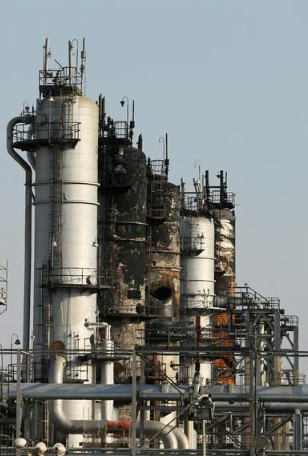Drone strike shows crude links
 The drone strike on Saudi Arabia’s oil infrastructure has highlighted the fragile and interconnected relationship between crude oil supply and the global economy, experts say.
The drone strike on Saudi Arabia’s oil infrastructure has highlighted the fragile and interconnected relationship between crude oil supply and the global economy, experts say.
New research has brought these economic ties into greater focus.
“We shouldn’t underestimate the importance of geopolitical events in the oil market, as it has the power to impend the stability of our financial world,” says University of Technology Sydney Finance researcher Dr Christina Sklibosios Nikitopoulos.
“On 16 September 2019 the oil market witnessed one of the highest intraday moves, with a 15 per cent increase in Brent oil prices and an 14.7 per cent increase in US WTI oil futures. Oil price spikes are seen as a recession barometer, but it is not just price but also volatility that matters,” she says.
In a recently released paper, Dr Nikitopoulos, with colleagues Dr Boda Kang from Lacima Group, and Finance Professor Marcel Prokopczuk from Leibniz University Hannover, examined the connections between oil futures volatility and the global economy.
They looked at 30 years of data to discover economic determinants of oil futures volatility over the short, medium and long-term. These included oil-sector variables, financial variables and macroeconomic conditions.
The research revealed how deeply integrated crude oil markets have become with financial markets.
“Investors increasingly regard commodities as an alternative asset class to equities or bonds, and crude oil derivatives are the most actively traded commodity,” says Dr Nikitopoulos.
Oil futures started trading in 1983, and options in 1986, and since then the market has experienced explosive growth. Daily trading volume has leapt from 21,997 contracts in 2012 to 1.6 million in 2016 and this week surpassed 2 million.
“Our study highlighted the importance of risk premiums in this market, and revealed that credit spreads play a significant role in determining short-term and medium-term variation in oil futures prices,” she says.







 Print
Print